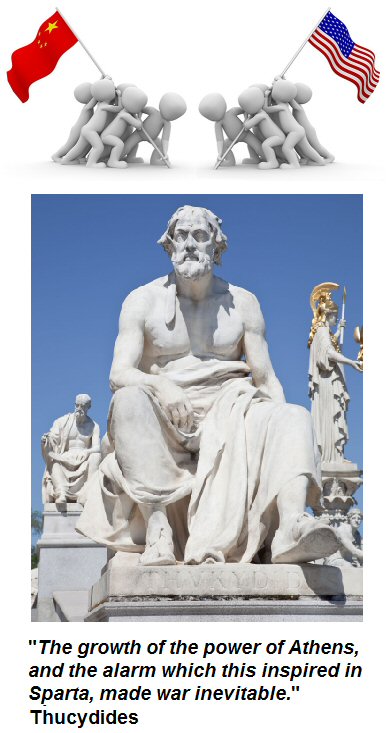June 26, 2018
 President Trump has decided to levy tariffs primarily on Chinese, European, Mexican, Canadian, Indian and Turkish products, and in so doing, he has alienated them all. Presumably, following the same logic –that the trade deficit is unsustainable- at some point he’ll have to do the same with Japan, South Korea and Taiwan, among many others. Given the cataclysmic nature of these events, a bit of historical synopsis is in order.
President Trump has decided to levy tariffs primarily on Chinese, European, Mexican, Canadian, Indian and Turkish products, and in so doing, he has alienated them all. Presumably, following the same logic –that the trade deficit is unsustainable- at some point he’ll have to do the same with Japan, South Korea and Taiwan, among many others. Given the cataclysmic nature of these events, a bit of historical synopsis is in order.
The idea of outsourcing and relocating entire industries to countries with extraordinarily low labor costs relative to the United States originated with supply side-economists and the CEOs of American and European multinationals, who correctly perceived an unprecedented profit-making opportunity. Labor costs would drop dramatically, often to an infinitesimal fraction of what they had been in the States, and their profit margin would skyrocket. It worked beautifully for the executives who saw this through and the shareholders they serve –a tiny fraction of the population whose share of national wealth now matches or exceeds the Gilded Age. But for the working classes it was a disaster. The high-paying blue-collar jobs that required only a high school diploma –the backbone of America’s industrial prowess since the days of the original Henry Ford- disappeared, never to come back. As these jobs were predominantly male dominated, it is they who were disproportionately affected. This led to a profound transformation of American society –from the composition of the typical household to stratospheric real estate prices relative to the median wages of working class people, the rate of divorce, the decline of the institution of marriage, a steep decline in the birthrate, particularly of whites, an exploding opioid-related death rate, the most unaffordable health care system among western industrialized nations, and a sharp decline in the life expectancy on non-rich white people. Since neither the idea nor the implementation of globalization originated with the working class, they should not bear the burden of the cost to reverse the trade deficit.
Trade wars are inherently dangerous because they can easily escalate to embargoes, quarantines, blockades, and other forms of asymmetrical confrontations, including a shooting war. Not only that, under present circumstances, with the President threatening to expand tariffs to $450 billion worth of Chinese products should China retaliate in kind to the original $50 billion and subsequent $200 billion in tariffs, it is the American working classes who would feel the pain of the new taxes, for that is what tariffs are. $450 billion covers just about the entire inventory of Chinese products sold in America, from underwear to every imaginable consumer item. Rich people, who spend only a tiny fraction of their income on them, would not be negatively impacted at all. Obviously, since China exports far more to the U.S. than the other way around, the former would not be able to match tariffs on a one to one basis. But there are many other asymmetrical ways –which for purposes of this discussion shall remain nameless- with which they could retaliate to devastate our economy. This is not a poker bluff; it’s Russian roulette on a slippery slope shortcut to Thucydides’ trap.
There are several equitable and moral ways to reduce the trade deficit. One is to tax the profits (and the dividends they pay to their shareholders) of American-owned corporations on products they manufacture abroad and sell in the U.S. Alternatively, the ceiling on which social security taxes are collected could be raised to say, $400,000. Yet another way –sooner rather than later, before the trend is adopted worldwide- would be to actually manufacture that which the Chinese need but can neither produce nor procure from any other source in quantities large enough, and at competitive prices, to generate electricity, manufacture pure water to irrigate and develop their western deserts, and replace oil for mobile applications: hydrogen. Of course, to do that one would first have to accept and publicly admit that climate change is a clear and present danger to the national security of the United States…